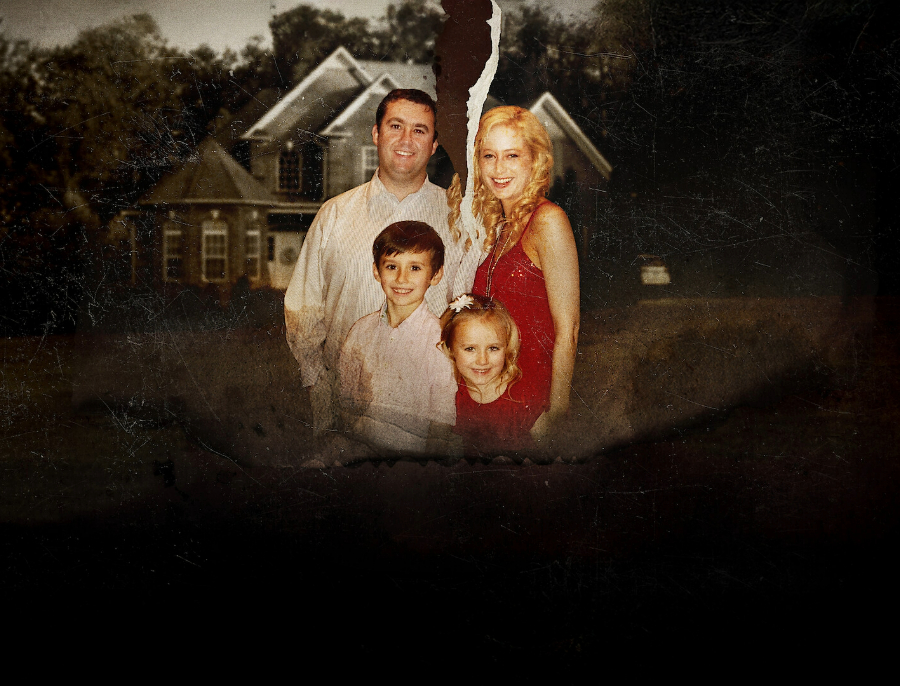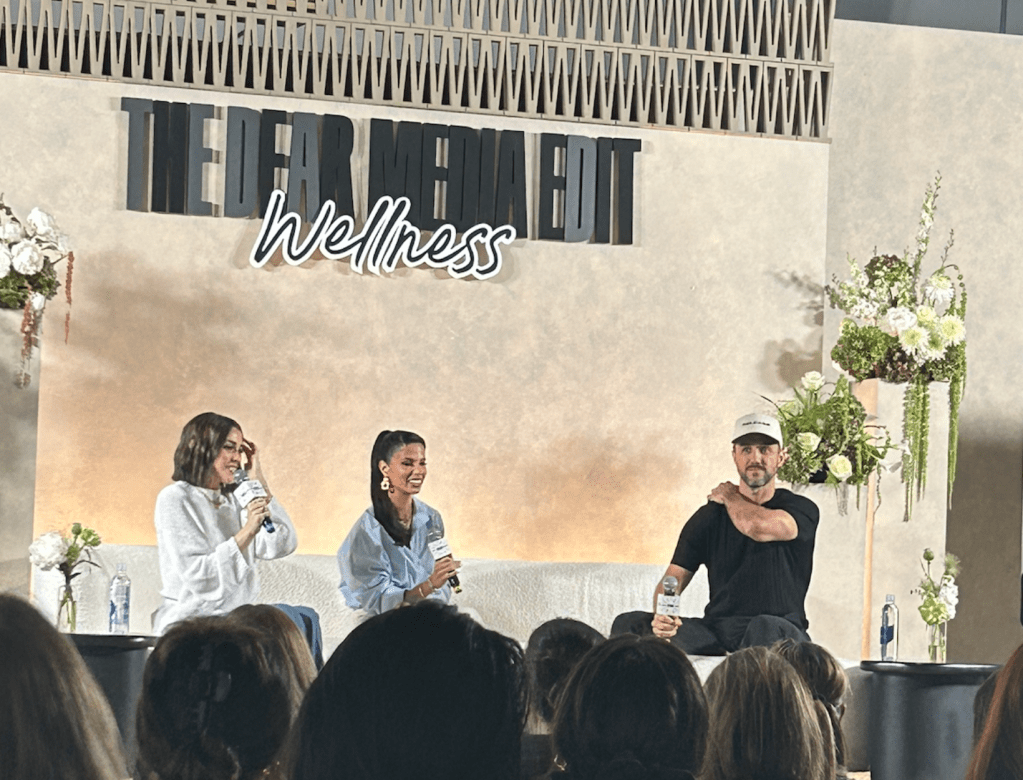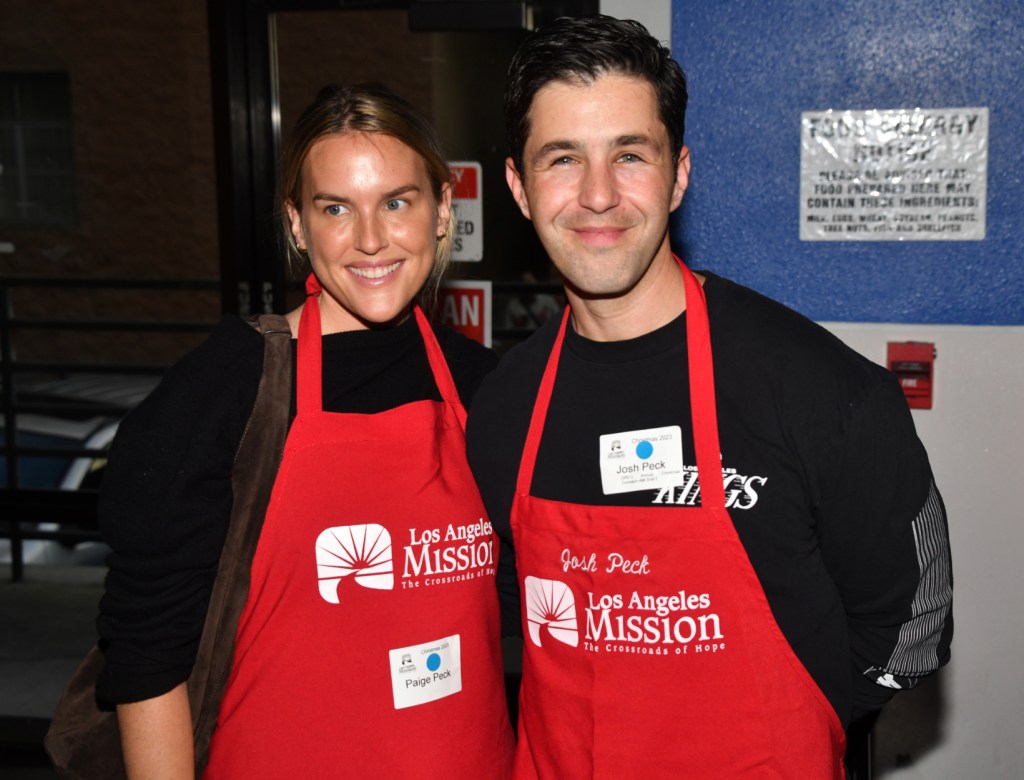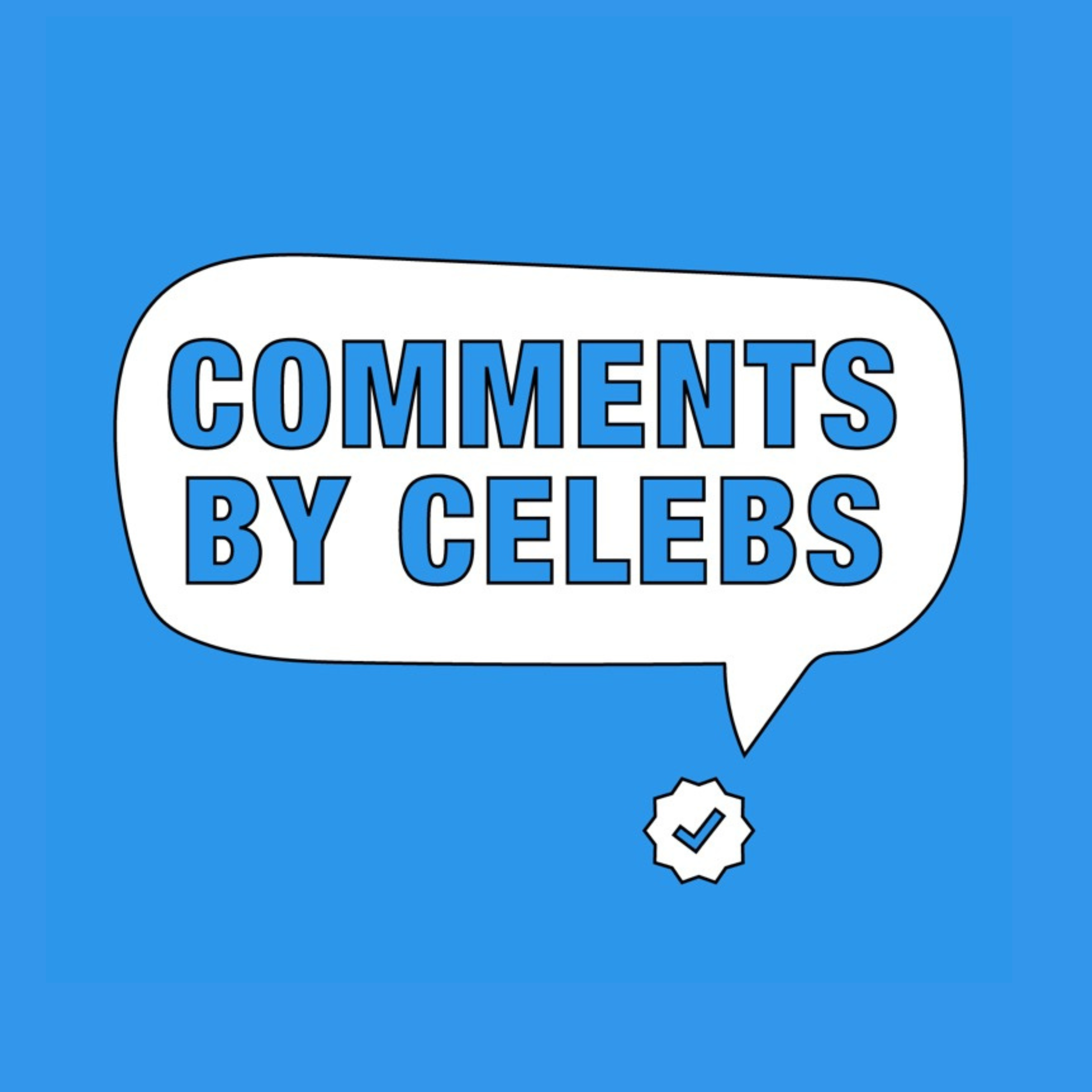Women Are Constantly Being Torn Down on the Internet—and It Needs to Stop

We’ve all seen it: One minute, a woman is being celebrated, and the next, she’s being memed to death on Reddit threads and TikTok comment sections. The cycle of women getting torn down on the Internet isn’t just predictable—it’s practically a ritual.
This phenomenon isn’t new. As Sady Doyle wrote in Trainwreck, our society delights in building up women just to rip them to shreds. We loved Britney Spears, Anne Hathaway, and Jennifer Lawrence, until we hated them all. We ask women to perform perfection, then punish them when they fail or succeed too well.
The double-edged sword of justified criticism vs. cruelty
On Come Together, Amanda Hirsch—host of Not Skinny But Not Fat—brought up the example of Blake Lively.
To be clear, there are valid reasons to criticize Lively. She married Ryan Reynolds on a plantation, and when called out, she doubled down, gushing about “the allure” of the antebellum South, while completely ignoring the racism, human rights abuses, and untold cruelty against Black men, women, and children.
More recently, she and her production company sued Justin Baldoni and his producing partner over claims of being harassed on the set of It Ends With Us. Many feel this action weaponized the language of #MeToo in a disturbingly self-serving way, as evidence emerged that she was lying about the alleged harassment to wrest control over the sequel rights from Baldoni.
But criticizing Lively’s choices is not the same as calling her fat, ugly, a bad mom, or any of the vile things commenters hurl daily on social media. As Hirsch said, “To me, it’s the equivalent of killing someone…It’s a digital death.”
Meanwhile, where’s the accountability for men?
In 2009, Chris Brown assaulted Rihanna. Yet somehow, she was the one getting dragged for going back to him, for “setting a bad example,” for being “too sexy,” and for existing while bruised.
As Doyle put it in Trainwreck, “It was always Rihanna’s responsibility not to be abused.” We expect women to be strong enough to avoid abuse, but soft enough not to provoke it. And Chris Brown? He kept booking gigs, collaborating with top artists, and dancing across world tours—until 2025, when he got detained in the UK for an entirely separate issue. It took more than 15 years for Brown to face anything remotely resembling accountability, and men are still chanting “Free Breezy,” as though knowing how to dance and sing excuses violence against women.
What Amanda Hirsch said—and why it matters
On Come Together, Amanda brought nuance to the conversation. Women like Amy Schumer, she said, are “widely hated online” but still getting work. Blake Lively “is still in movies, still at the events,” but can’t post a single image without a digital stoning.
It’s not about “cancel culture.” It’s about sustained humiliation. And as Amanda added, “Why is it that women always pay more?” Even when men mess up, their consequences are temporary. But for women, it’s often career-ending.
So, what can we do?
For women:
- Don’t internalize it. The hate isn’t about you. It’s about control.
- Support each other loudly. Share your friends’ wins. Defend women in the comments. Be the counterweight to the hate.
- Be self-aware, not self-hating. It’s okay to hold each other accountable—but don’t stoop to misogyny in disguise. Remember: Don’t be the girl in the comments defending a man who wouldn’t hold your purse at the airport. Loyalty to men who hate women is not a flex.
For men:
- Stop following toxic content. If a creator’s whole platform is built on hating women, unfollow. Report it. Don’t engage.
- Hold your friends accountable, & be accountable yourself. If your boy starts quoting Andrew Tate, Akademiks, or Fresh & Fit, shut it down. Stop making content that tears women down. Stop sharing clips that insult women’s appearances or mental health. Stop defending “free speech” when it’s just public humiliation. And stop following creators whose entire brand is built on toxic, violent misogyny.
- Be better. Period. Emotional intelligence is hot. So is decency.
For everyone:
- Understand the difference between critique and cruelty. Calling out injustice is one thing. Publicly humiliating someone is another.
- Mute, block, and disengage. You don’t owe attention to toxicity.
- Redefine value. Someone’s worth isn’t based on how quiet, compliant, or inoffensive they are.
Women getting torn down on the Internet isn’t just a meme or a moment—it’s a structural problem. But we can disrupt it. We can choose not to participate. And we can choose not to be entertained by another woman’s digital demise.




















Leave a Reply